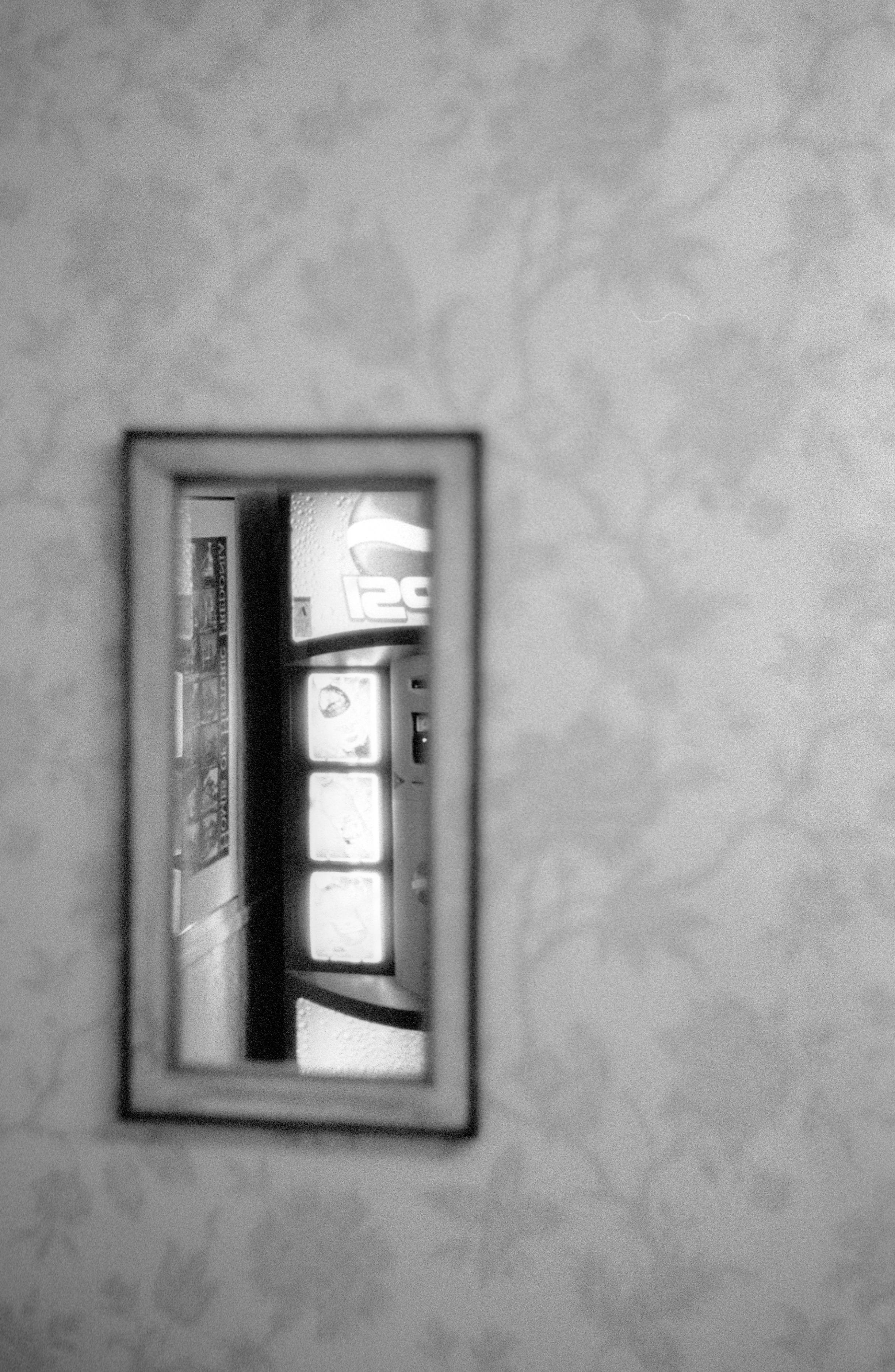The Most Interesting Boring Thing
One consequence of having a holiday break from work is that I’m sleeping later and having more dreams. Like most people, I tend to forget dreams soon after waking up. Occasionally one strikes me as powerful enough to justify jotting it down, in the hope that I can do something with it. Most of the time, I can’t.
Dreams can offer non-writers the opportunity to ask a question writers ponder every day: what is interesting to other people? Nothing is more fascinating to you than a dream you just had, and nothing is more boring to others. The reason is context: when something strikes you as noteworthy in a dream, it’s because of the ways it departs from the ordinary. But only you know what counts as ordinary to you—and departures from it say more about you than they do about the dream’s subjects. Sometimes you don’t know why a dream compels you. As a result, it can be a little dicey telling friends or family about your dreams, especially if they’re what you dreamed about. They may know you better, in some ways, than you know yourself, and you might inadvertently reveal something you might have preferred to keep secret.
One way to establish context in fiction is to simply show characters reacting to things. In one crime novel by Sophie Hannah, detectives are mystified by a clue that has turned up in the mailboxes of several persons of interest: a piece of cardstock bearing a grid of numbers. For the first third of the book, characters regard the number cards with a shrug, tear them up, or throw them away. Then:
Simon reached into his pocket for the small Ziploc bag he’d brought with him. He held it up in front of Sarah Jaggard’s face so that she’d have no difficulty seeing it through her tears. “Do these numbers mean anything to you?” he asked.
She dropped her tea in her lap and started to scream.
Here, the novelist is signaling that—surprise!—the numbers do, in fact, mean something.
The success of this moment in the Hannah book depends upon our acceptance of certain norms: that it’s unusual for someone to scream when they see a grid of numbers, that dropping a cup of tea is anomalous behavior, that not screaming over tea is a commonplace in polite society. Conversely, in the logic of a dream, someone might see something terrifying and regard it with calm bemusement. In a dream, somebody might scream for no clear reason at all. That said, dream logic isn’t typically derived from opposition to the accepted norms of waking life—sometimes, it fails to acknowledge them at all. It is associative, intuitive, guided by image, sense, and metaphor.
One of my favorite practitioners of dream-logic fiction—one of my favorite writers in general—is British novelist Kazuo Ishiguro, who primarily works in the unreliable first person. His masterpiece The Unconsoled tells the story of a concert pianist’s visit to an unnamed European city, where he is slated to perform. The pianist’s efforts to prepare for the event are thwarted by various strange circumstances that shed light on the novel’s true focus: his feelings of guilt over his failings as a son, husband, and father. Characters the pianist regards as strangers reveal themselves, without fanfare, to actually be close relatives; unfamiliar places, arrived at by chance, prove strangely significant:
The room was by now growing steadily more familiar to me. The triangular clock on the wall, the cream foam sofa, the three-tiered hi-fi cabinet; I found object after object, as my gaze fell on it, bringing with it a poignant nudge of recognition. However, as I continued to peer into the room, I gained the strong impression that the whole of the rear section—which adjoined the main portion to form an 'L'—had not previously been there at all, that it was a very recent addition. Nevertheless, as I continued to look at it, this same rear section seemed in itself strongly reminiscent, and after a moment I realised this was because it resembled exactly the back part of the parlour in the house my parents and I had lived in for several months in Manchester.
The pianist, comically imperceptive about his own motivations, is nevertheless able to read other characters’ minds and understand them completely; he proves expert in obscure and apparently meaningless matters, yet inept at managing his work and career. He is prone to angry outbursts at the slightest inconvenience, yet has no reaction to obvious insults. The novel’s world mirrors the pianist’s heavily armored psyche, which will tie itself in logical knots to avoid confronting its inadequacies. In other words, the plot of the book is less important than the way the dreamlike world twists to accomodate it. (Readers, next April, of Subdivision will recognize my debt to Ishiguro.)
Years ago, during a trip with my children, I dreamt about a different trip, with children not quite my own, to a nonexistent vacation cottage that had to be rented from, oddly, the gas company. The dream-protagonist returned again and again to the place over the years, each time experiencing some vague guilt about his effectiveness as a father—no doubt an expression of my own guilt, of the sort familiar to any parent. On the drive home, while the kids slept in the back seat, I pondered how to translate the dream into fiction. The result was “The Cottage on the Hill.”
On the way to the cottage, Greg fell asleep in the back seat while Lila sat, arms still crossed, on the passenger side, occasionally glaring at Richard with disarming steadiness and anger. “What is it?” he asked her, several times, and it was only on the third try that she replied, “You know.”
“I don’t.”
“I wish you’d just come out with it,” she said. “Dad.” This term of endearment was uttered with such bitterness and venom that for a moment Richard had to stifle a deep sigh. What had he done wrong?
(This story will be republished in Let Me Think next year, in a somewhat more refined form.)
Here’s a video for the song “Aintly Striever,” from the last Witch on Horseback EP. This is the first time I’ve tried to recreate a dream’s visual style. The originating dream was simple: nostalgic scenes of early childhood, seemingly captured on 8mm film, serving as backdrop to a soaring bird made of red static. (I’m sure the literal subject of this dream was parental worry again—it usually is—but never mind that for now.) The clips used here are from the ever-reliable Prelinger Archives.


